(July 25, 2022) ‘Batman’ and ‘ironman’ are some of the words used to describe Manoj Bhargava, one of the richest Indians in America but he sees himself as just a person who makes useful things for the needy. From living like a monk in India for 12 years to running a multi-billion business in America, he has led an extraordinary and versatile life. The Indian-American billionaire launched his most profitable product, 5- Hour ENERGY in 2003, and reached the top of the business game. However, far from living the high life, in 2015, he pledged 99 percent of his net worth to help the less fortunate. His unique, zero-profit business model is designed to serve as many people as possible. A stickler for anonymity, Bhargava would once joke, “if you google ‘Manoj Bhargava’, It will take you to some lawyer in Singapore.”
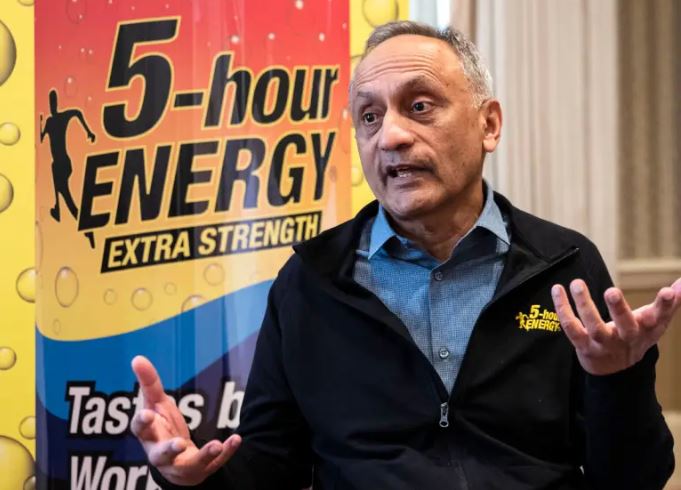
Manoj Bhargava, Indian-American philanthropist and entrepreneur
In one of his rare interviews, he went on to stress why he shies away from any kind of media:
I don’t have this hobby of being famous. I don’t think it’s bad for other people. It’s like a hobby. Some people collect stamps, other people like to be famous. I don’t have that hobby. I just look at it in that sense – Manoj Bhargava
Global Indian turns its spotlight on the philanthropist-entrepreneur.
Beginning of the unusual life
The entrepreneur, who is inclined towards roads less traveled, led the first 14 years of his life in India. His family moved to Pennsylvania, the USA in 1967 so that his academically inclined father could pursue his PhD at Wharton. From a house with several servants in Lucknow, the Bhargavas had to manage with the bare minimum in the USA.
From a young age, Bhargava displayed an exceptional talent for mathematics, which helped him bag a scholarship at The Hill School, an elite private academy where he completed his high school education. He then joined Princeton University in 1972. Much to the disappointment of his parents, who ran a plastics company in Indiana, Bhargava dropped out of college one year later. It was the first of a long series of unusual decisions he would go on to take during his life.
There were no jobs in the area where his parents were settled and young Bhargava was clueless about life. He started reading about a saint in India and was intrigued by his choice to devote his life to a spiritual quest. Finding it to be a worthwhile path, Bhargava moved back to his country of origin in 1974. This was the second unusual decision that he made.
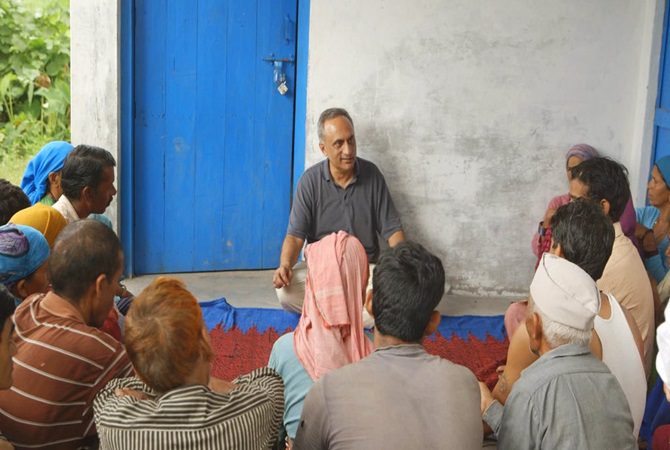
Manoj Bhargava interacting with locals in a village
Throughout his twenties, Bhargava traveled across India going from one monastery to the next. This pursuit of stilling the mind went on for 12 years, the bulk of which he spent in India, traveling to the USA from time to time to do some sundry work, which even included driving a taxi in New York. He remains proud of these experiences and believes that they gave him a perspective that just cannot be earned in a fancy school.
During his ashram stay in India, Bhargava worked at a printing press and also looked after the construction works. Meanwhile, his experiences in Hanslok Ashram made an indelible mark on the young man’s mind, laying the foundation for what would come next and the interspersing of spirituality and entrepreneurship that he delved into later in life.
Although he did make his return to the material world, the billionaire continues to spend one hour a day in meditation and contemplation.
Entrepreneurial journey
Acting upon his family’s urgings, Bhargava joined his parents’ plastic injection manufacturing company in Indiana, after twelve years as a monk. A couple of years later, he founded his first venture – an outdoor furniture parts company, followed by another that worked with chemicals. However, it was his third venture, Innovations Ventures LLC that went on to rock in the US market. The product – 5-hour Energy (a concoction of nutrients, vitamins, and caffeine) enjoyed massive success. Starting in 2003, it grew up to an estimated $1 billion within ten years of its launch.
Talking about entrepreneurship at the Pioneers Festival, Vienna, Austria, Bhargava remarked:
“If you cannot tolerate falling on your face a few times, choose a different profession.”
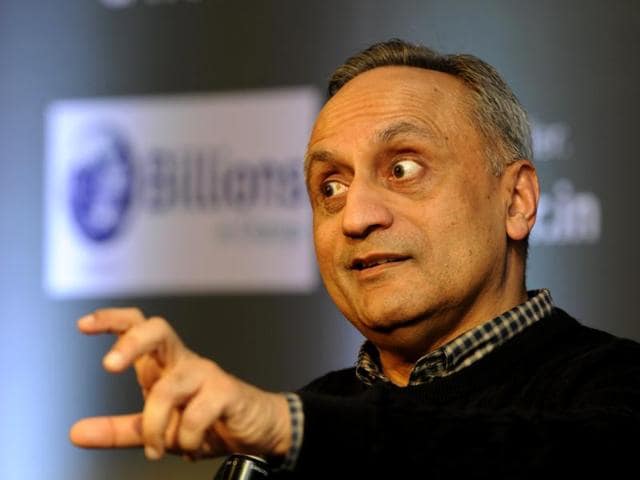
Over time, Bhargava created a variety of new ventures – MicroDose Life Sciences, Stage 2 Innovations LLC, ETC Capital LLC, Plymouth Real Estate Holdings LLC, and Oakland Energy and Water Ventures. He also financed a New York-based film distribution company, Bleecker Street. His latest venture has been the purchase of 90% of Freelancer Television Broadcasting which includes television network, NewsNet, and television stations WMNN-LD and WXII-LD through his company MBX Wyoming Inc.
The Journey of Purpose
If one has more money than one needs to support his or her lifestyle, then the person can either do something stupid or smart, which is something that Bhargava believes in. He chose to be smart and started The Hans Foundation in 2009 making it India’s largest charitable endowment. Under his Billions of Change movement, the Hans Foundation provides for the basic needs of the rural poor of India. “There are three fundamentals that define a person’s well-being – electricity, water, and health. If you have these three and if you are not lazy you will make a living,” he said at the Pioneers Festival.
Bhargava believes that electricity can solve major problems. In a documentary film for the Billions of Change movement, he mentioned, “We do not realise that billions of people live without or limited electricity. If we can fix that we can make a huge difference in a person’s life.”
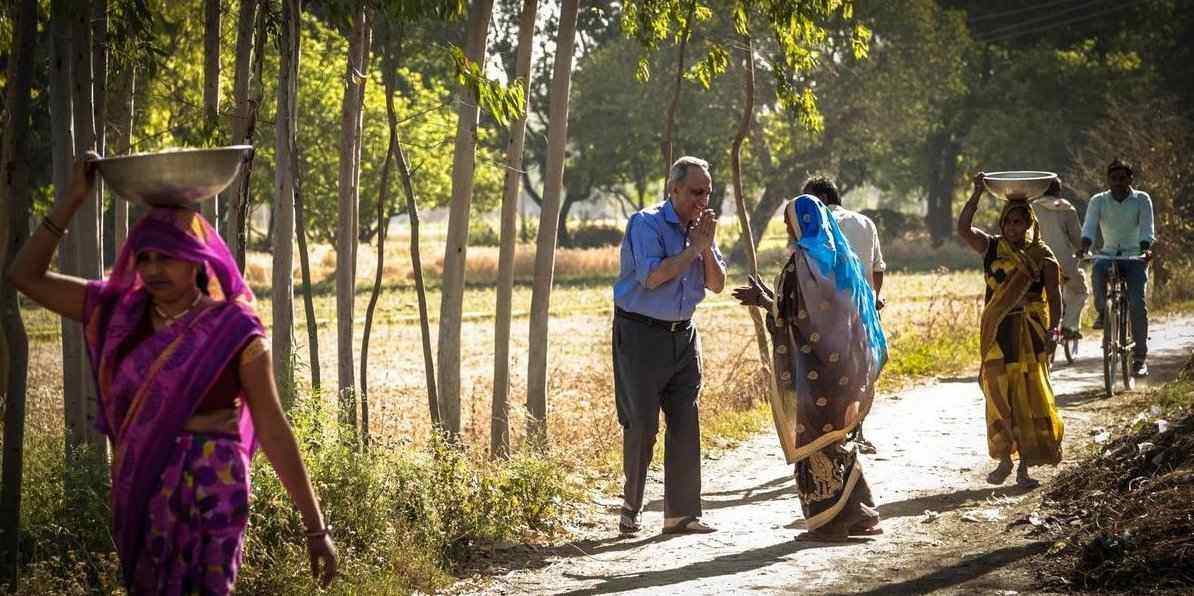
Making a difference
His invention shop, Stage 2 which is based in Michigan employs extraordinary engineers who work on his vision and make useful things for the lesser privileged with the purpose to have a global footprint and impact the world. They have designed many useful pieces of equipment like the portable solar power device that generates and stores 300W of electricity, lightweight portable solar panels to charge the power device, and filtration units to purify brackish water used for drinking and agriculture at the rate of 5-10 gallons per minute. These innovations have made a world of difference to a great number of people staying in rural India.
While addressing students of Shri Ram College of Commerce, New Delhi, he mentioned:
“For me, it is a privilege to serve those who have less.”
Bhargava has also worked on the solution of millions of farm waste that is burned every year causing pollution. He has devised a way to make simple, organic, and cost-effective fertilizers. These organically made fertilizers solve many problems – bring down the investment costs of farmers so that their earnings increase, reduce environmental pollution, improve water absorption of soil and increase the quality of produce.
Through The Hans Foundation, and Hans Foundation Hospital he is funding hundreds of Indian not-for-profit organisations and providing access to healthcare, education, and livelihoods to the underprivileged in India. The Indian-American billionaire has brought light to the paths of many by traversing a road less traveled through his zero-profit business model.
- Follow The Hans Foundation and Billions in Change movement

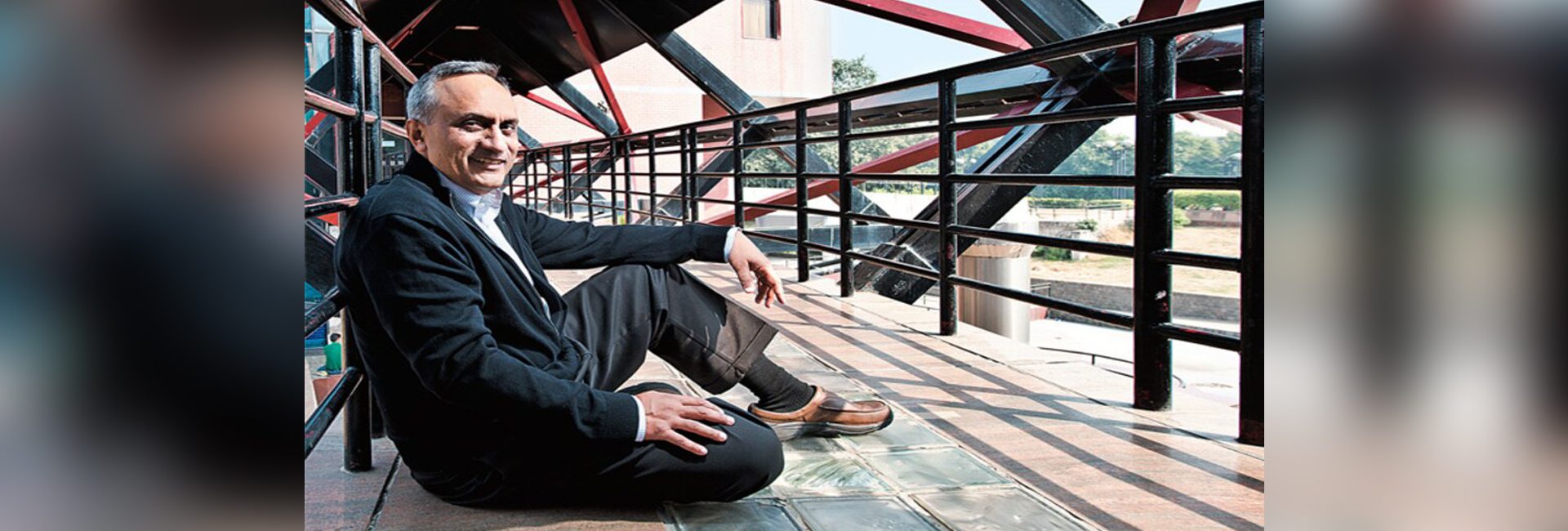

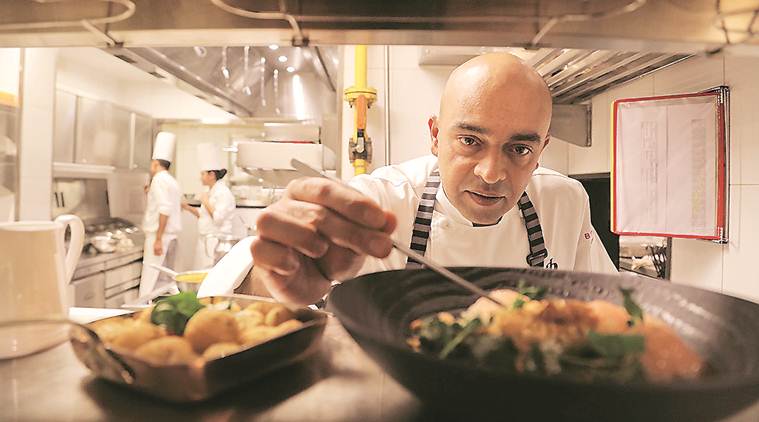


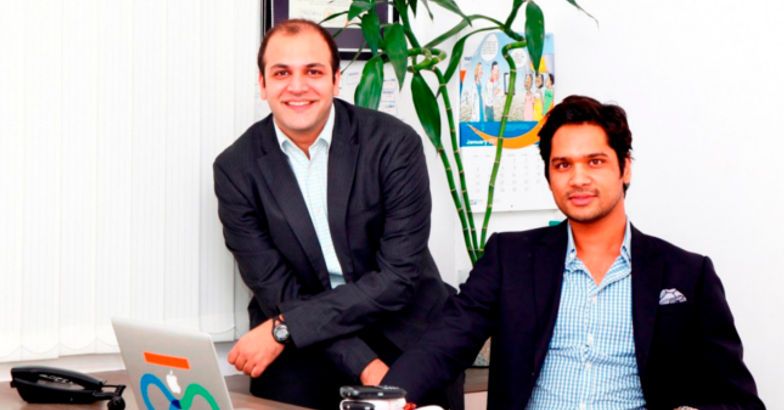 Aamir Jariwala and Akshat Ghiya co-founded the startup Karma Recycling[/caption]
Aamir Jariwala and Akshat Ghiya co-founded the startup Karma Recycling[/caption]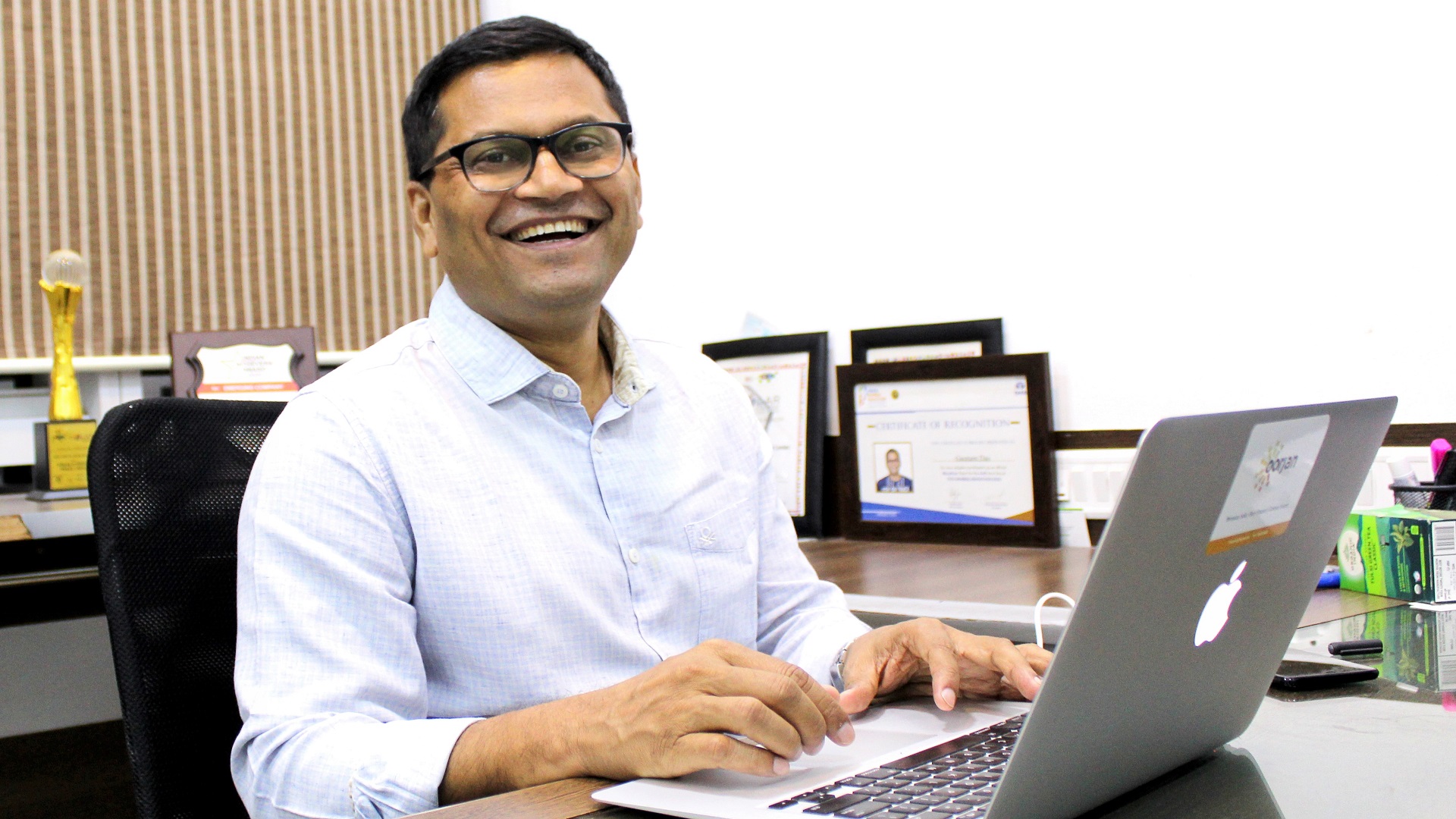 Gautam Das is one of the founders of Oorjan[/caption]
Gautam Das is one of the founders of Oorjan[/caption]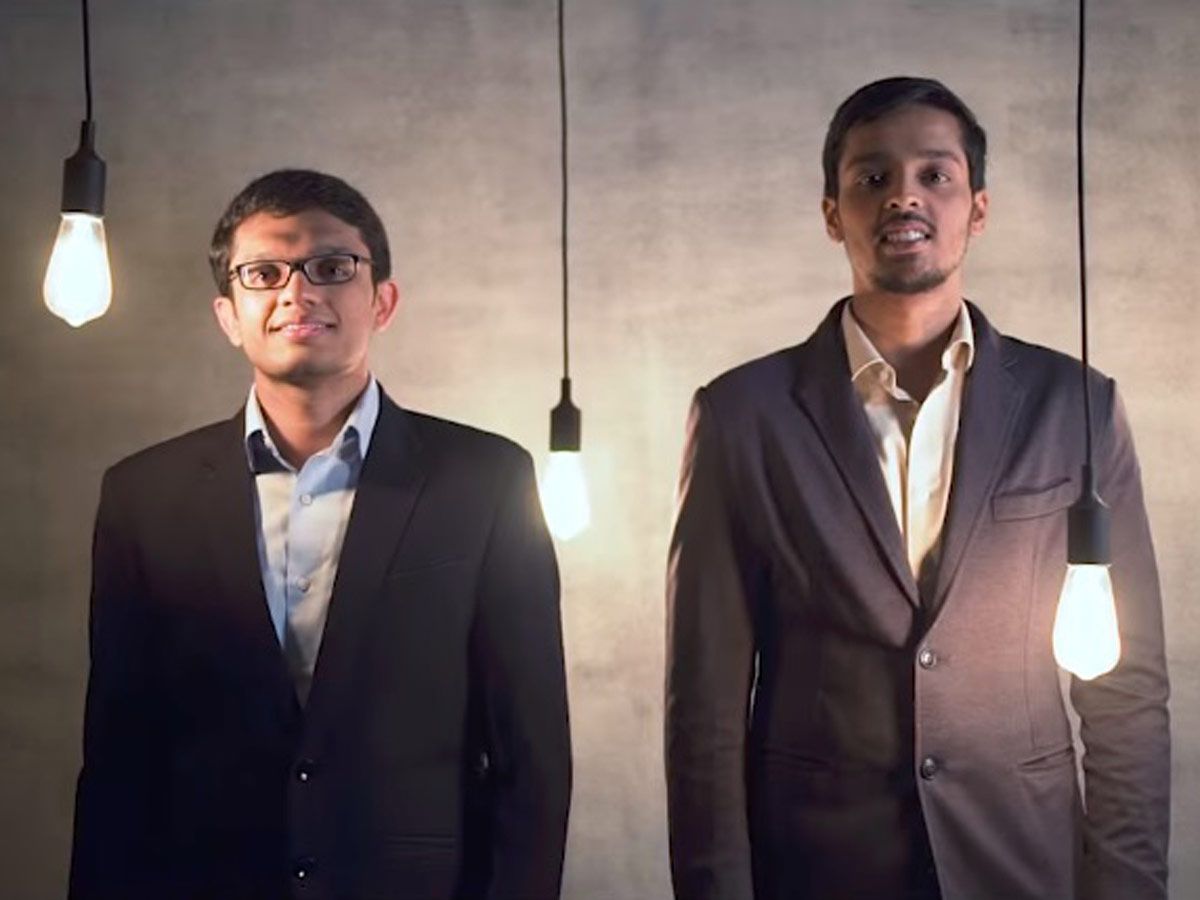 Akshay Singhal and Kartik Hajela are the co-founders of Log 9[/caption]
Akshay Singhal and Kartik Hajela are the co-founders of Log 9[/caption]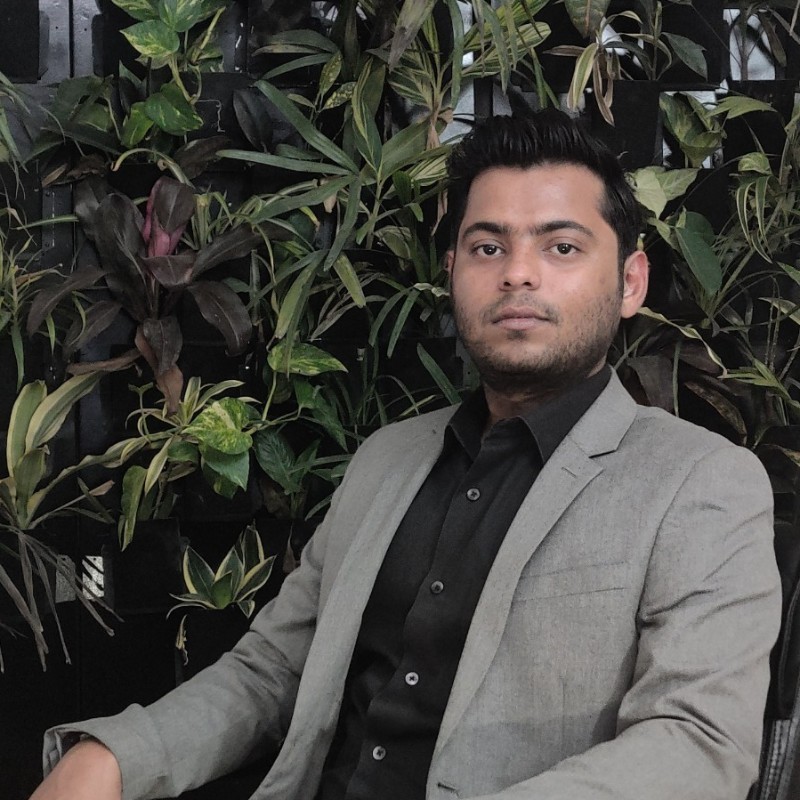 Abhishek Gupta launched OxyGarden in 2019[/caption]
Abhishek Gupta launched OxyGarden in 2019[/caption]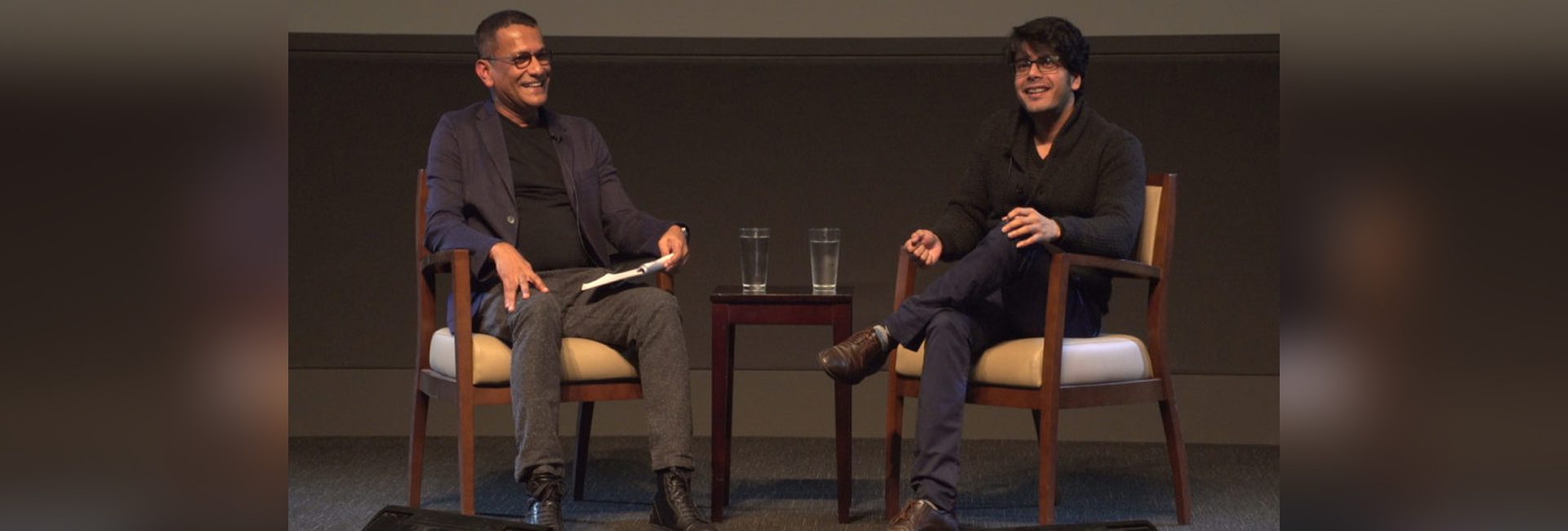
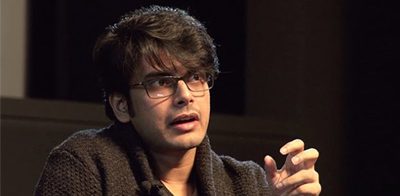 Shaunak Sen[/caption]
Shaunak Sen[/caption]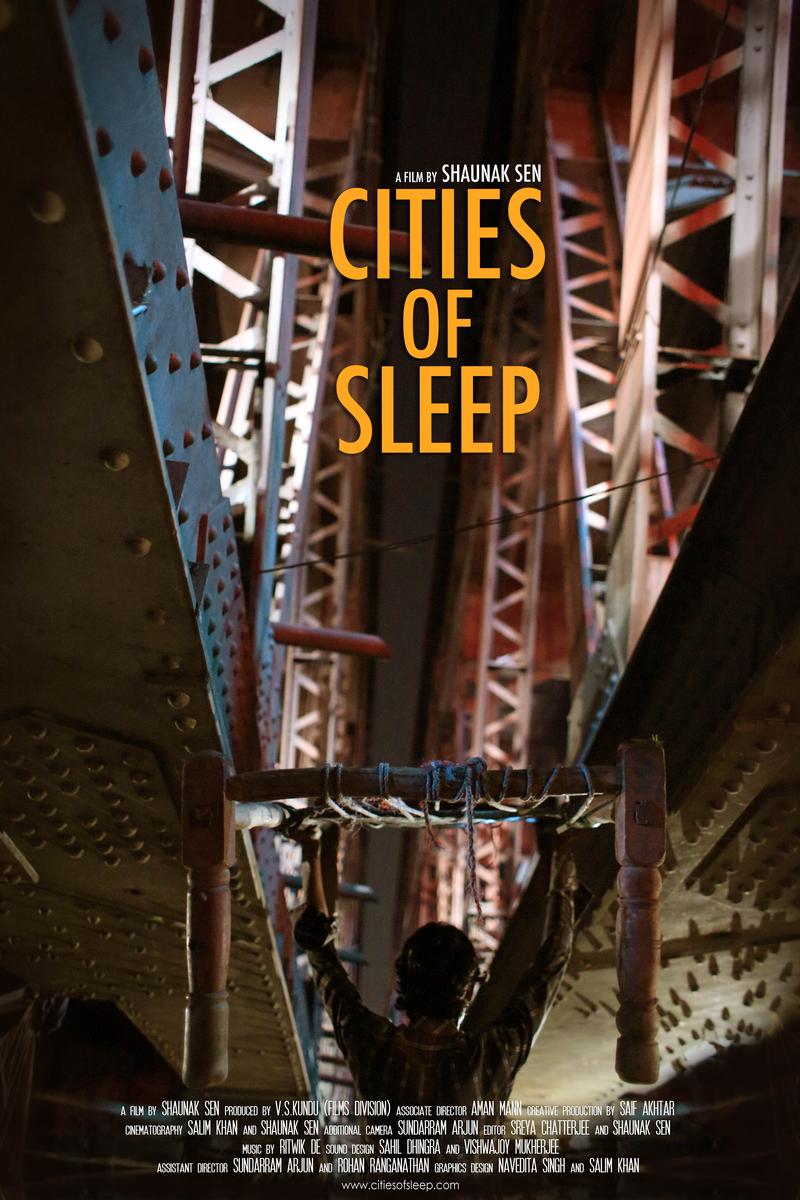
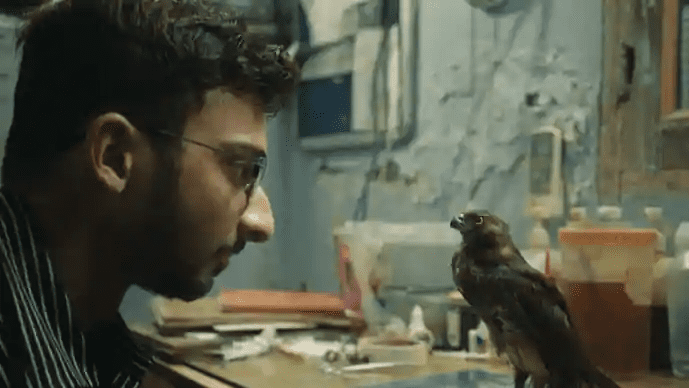 A still from 'All That Breathes'[/caption]
A still from 'All That Breathes'[/caption]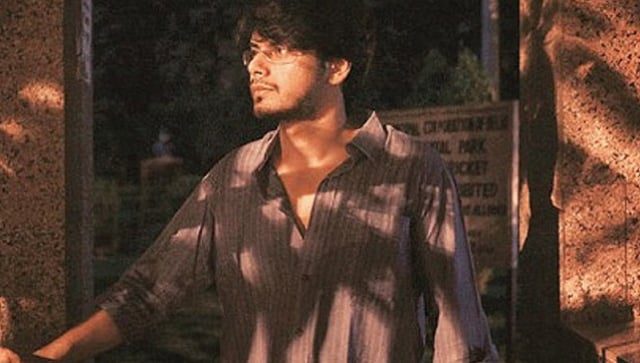
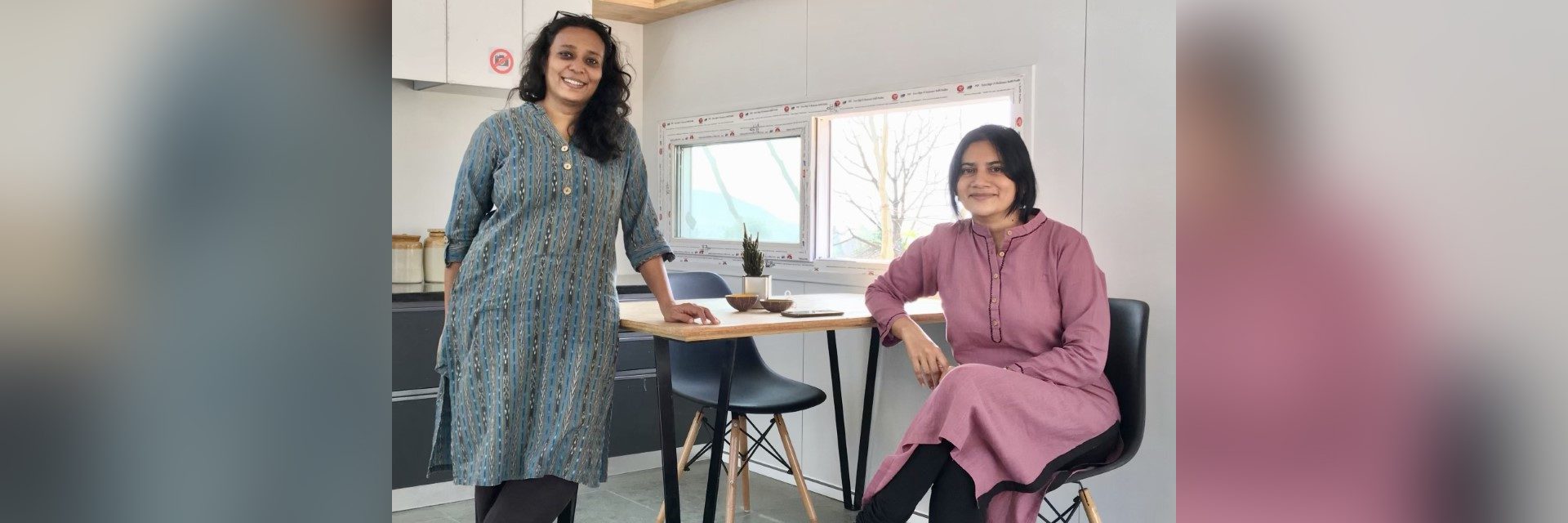
 Dhara Kabaria (L) and Sonali Phadke (R)[/caption]
Dhara Kabaria (L) and Sonali Phadke (R)[/caption]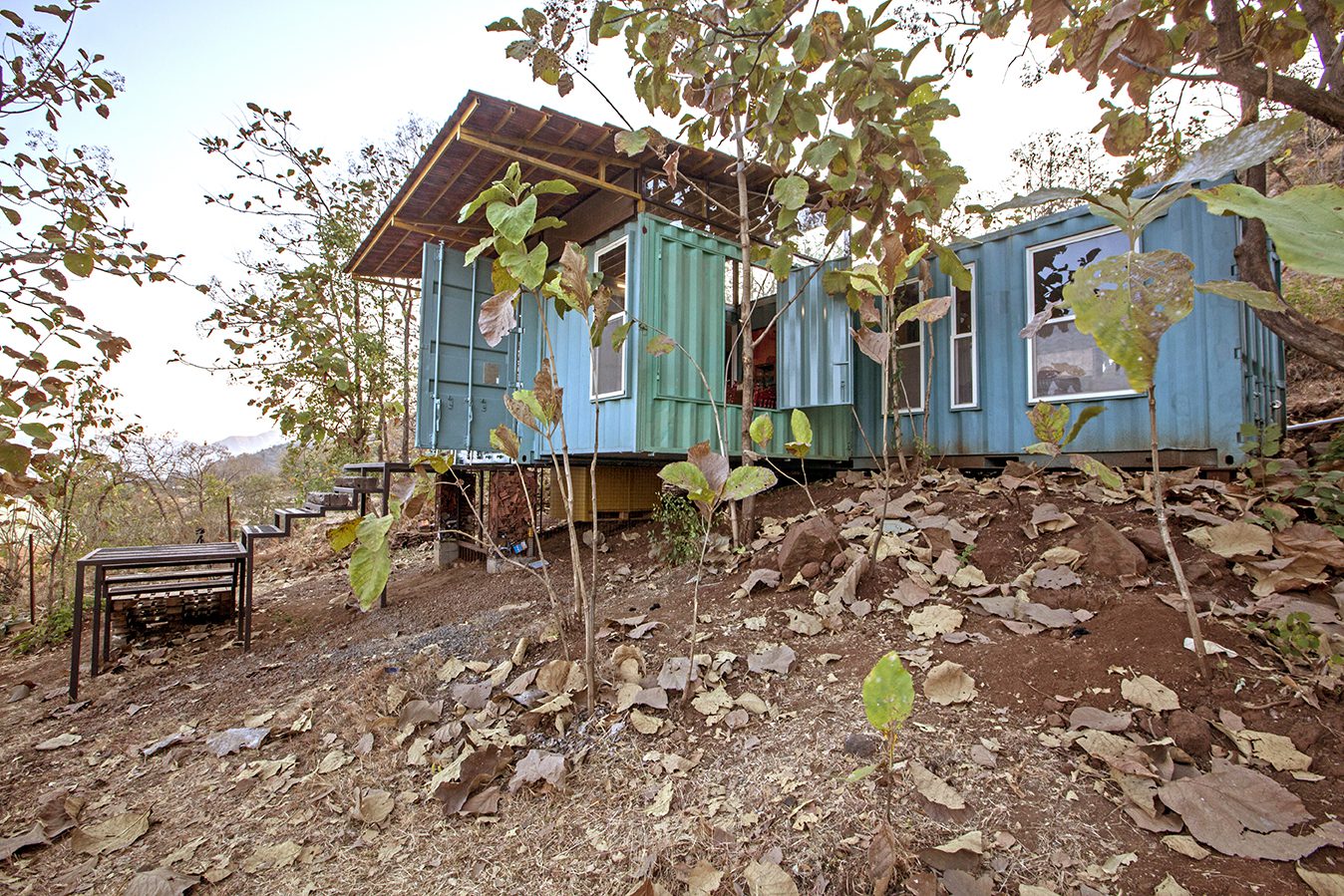
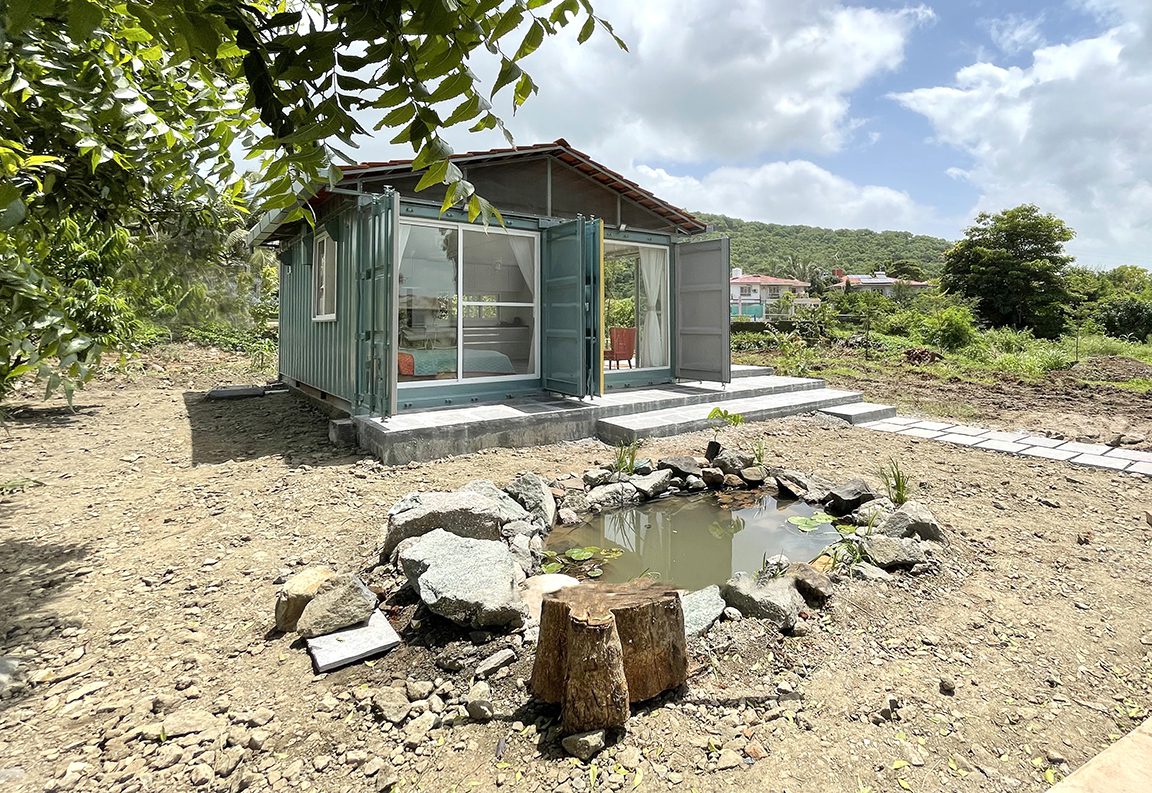 A home made from shipping containers[/caption]
A home made from shipping containers[/caption]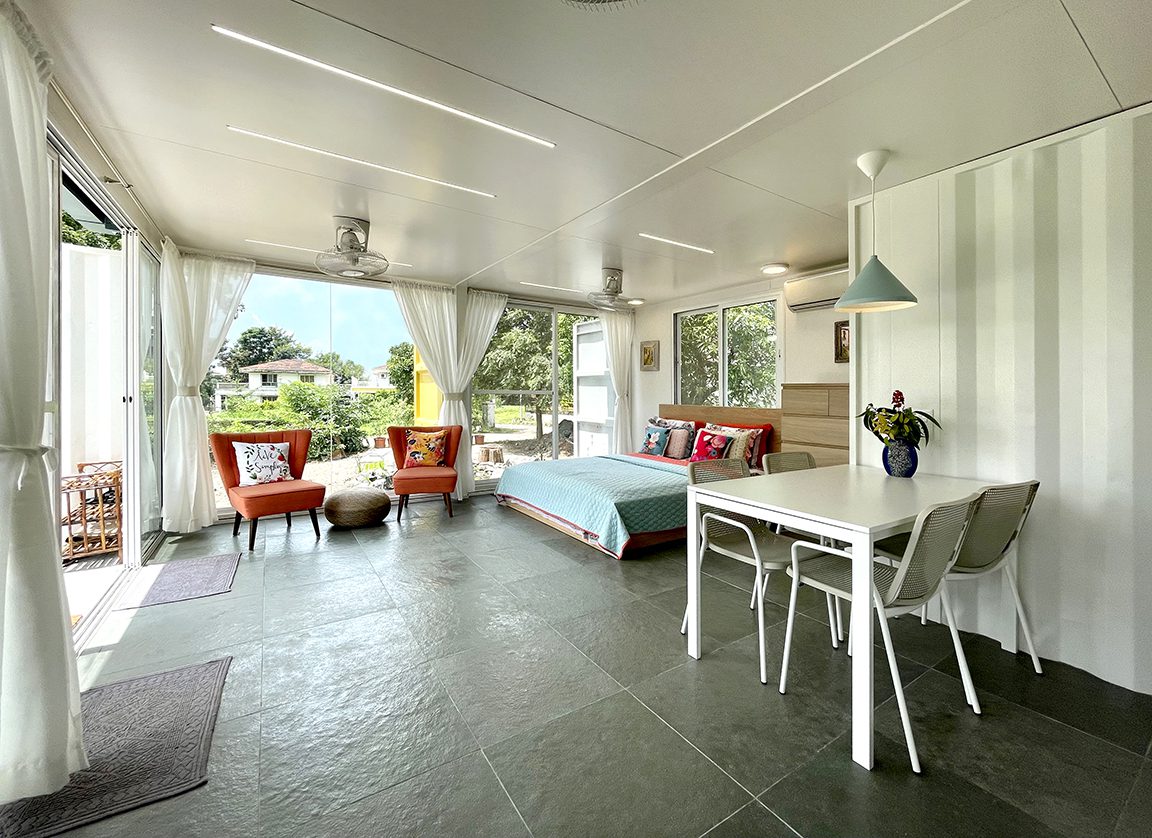 The interior of a home made from shipping container[/caption]
The interior of a home made from shipping container[/caption]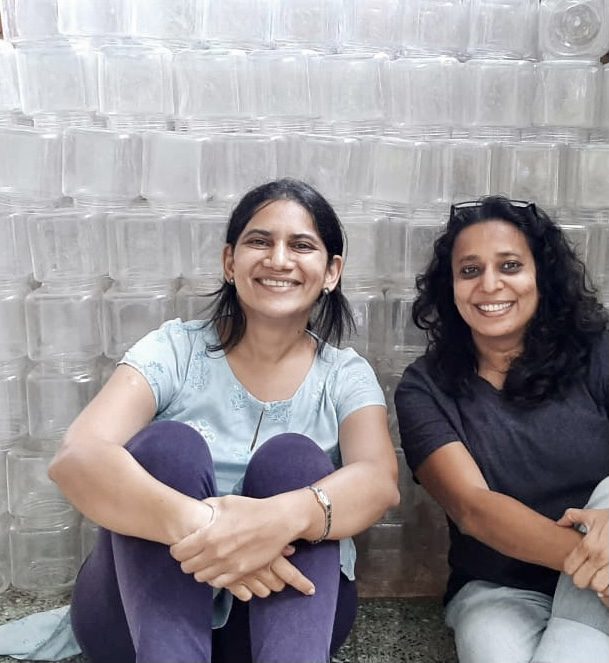 Sonali Phadke (L) and Dhara Kabaria (R)[/caption]
Sonali Phadke (L) and Dhara Kabaria (R)[/caption]
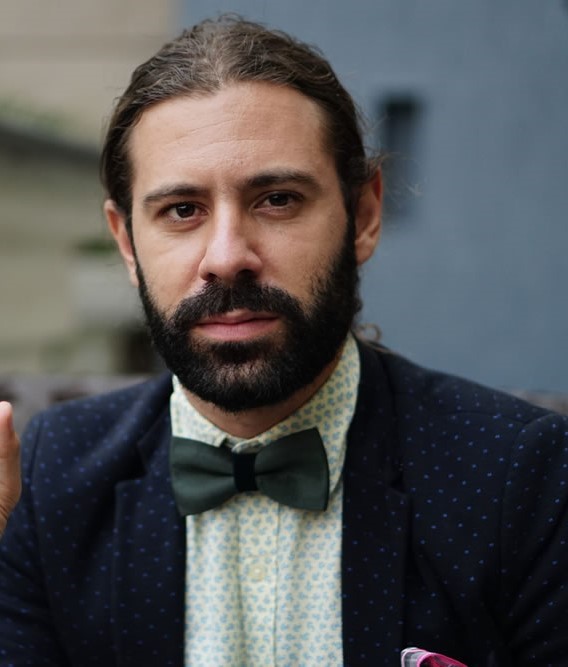 David Belo, founder of Naviluna in Mysore.[/caption]
David Belo, founder of Naviluna in Mysore.[/caption]
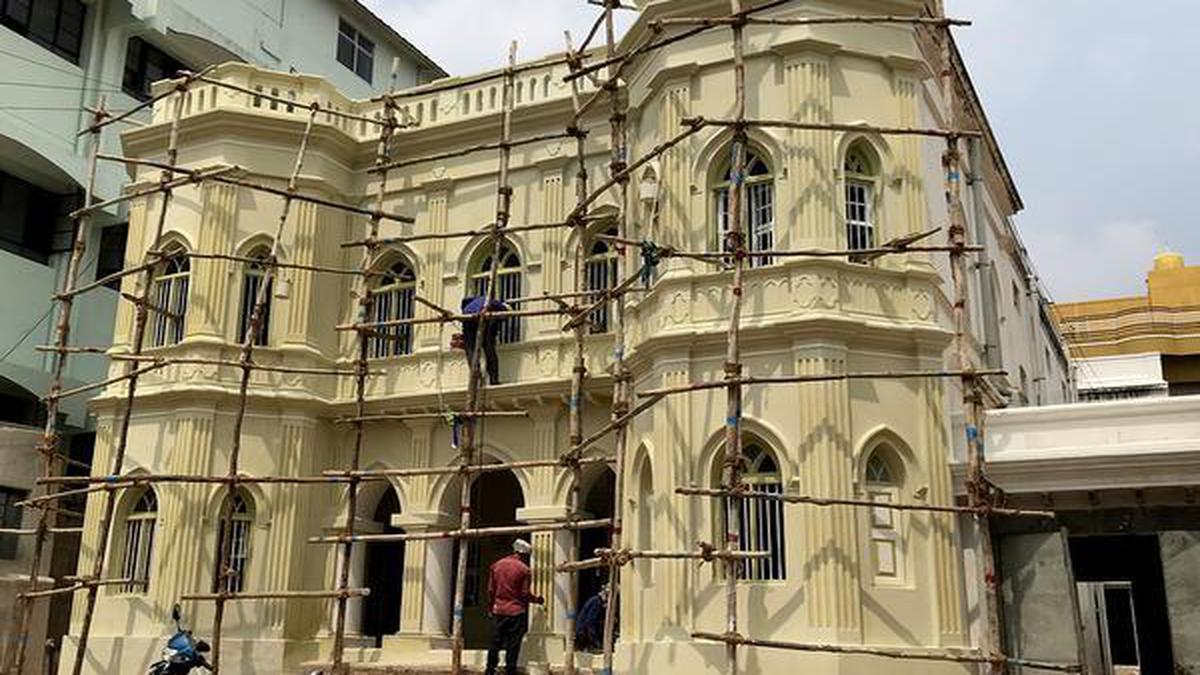

I have tasted the 5-hour energy drink, came to know later on that the founder was of Indian origin. Glad to read his goal of life to help the helpless with his wealth. GOD bless him abundantly.
Thank you for understanding that service is the highest of callings!